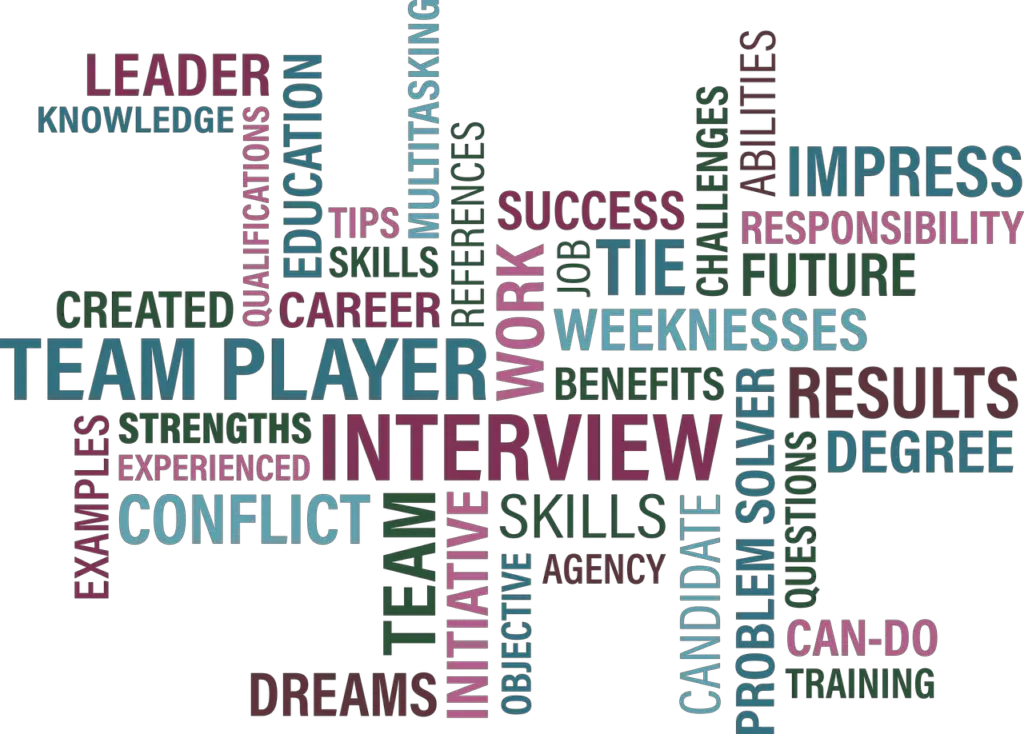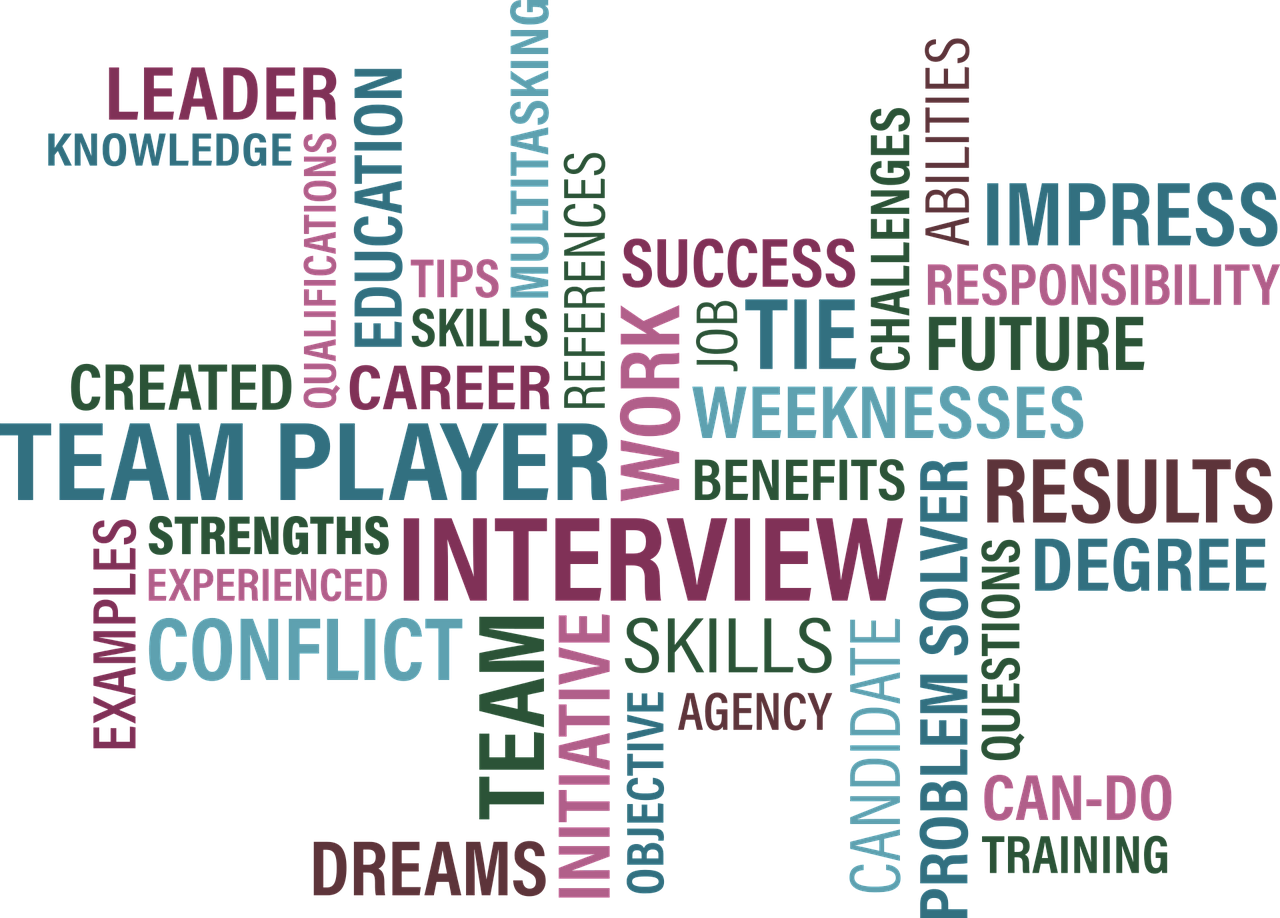Your resume might be dead on arrival.
So you have applied for countless jobs and you have never been shortlisted? So what is happening to your resume?
There are many reasons why some resumes will never get shortlisted. These resumes already failed the interview before it even started.
Here are some reasons your resume will make you lose your job.

1. No subject
Most job applications and resumes sent via email don’t have a subject.
Empty subject fields or annotations that show that the resume is been forwarded give the impression that the candidate is not prepared for the recruitment process.
Applicants should follow the instructions of the advertised position.
If there are no instructions then ensure that the job title and reference are included in the subject field.
Email subjects like “Fwd,” “My CV”, “Resume” shouldn’t be in your preferred options.
Use a unique identifier in your subject to reflect the content of the email and its attachment.
If you are sending your resume to someone who has requested it, then your name in the subject field will be helpful e.g John Doe’s Resume.
2. No content
Empty email content can be interpreted as having nothing to say.
As an applicant, the content of your email is your chance to make a positive first impression. Use it well.
Emails that only have the words ‘Find attached’, ‘See attached resume for your perusal’ depict little or no effort from the applicant.
Emails that depict a long trail of the resume being forwarded to several employers also appear unprepared.
Your prospective employer must not see evidence of your active job search.
Copying several employers and recruiters in the same email will make you fail your interview before you even begin.
Use BCC if you have to send an email to multiple people.
That way, no one can see the other recipients of the email. Looking for a job is a real job in itself.
Each application should be taken seriously and independently.
3. Grammatical errors
Prospective employers will scan through every new job applications for grammatical errors.
If your resume has grammatical errors and the job requires good written and communication skills, they may decide not to proceed with your application.
Grammatical errors can take many forms and often begin in the body of the email even before they get the chance to review your resume.
No one is asking you to be a grammar wizard. Be mindful of the basic rules and you’re good to go.
4. Spelling errors
Like grammatical errors, if the job requires very strong writing skills, spelling errors can abort the application process.
The worst is when you write in shorthand.
This is a poor writing habit that shouldn’t make it into your job application.
What may appear as harmless typos can be a deal-breaker for some employers?
Triple check your CV for spelling errors.
5. Unqualified applications
You don’t have to apply for every job you see.
You need to be strategic with your process. Focus only on the jobs that you qualify for.
If you desire a particular job role which you know you’re not qualified for, apply as an intern or volunteer to upgrade your knowledge and skills.
Invest in yourself first. Pay the price before you aim for the prize.
6. No originality
If you copied the application or resume of another applicant, it is difficult to tell who the original writer is.
When recruiters start seeing similar applications with the same email, cover letter or career objective, they may not proceed with any of the similar applications.
Originality is important.
Job recruiters and prospective employers want to know that the applicant is applying themselves and suitable for the job.
7. Poor structure of your resume
If the resume format used makes it difficult for the recruiter to follow your Career Objective, Qualifications, Skills and Work Experience then this shortfall will be to your detriment.
There are many good resume templates available online. Find them and use them to your advantage.
Other key elements of a good resume structure are the order of the resume sections.
Elements like Career Objective or Profile should come first. As for the rest of the resume, it really depends on your unique skills, career advantage, and selling points.
Put your best foot forward. If you went to reputable schools, then put Education first.
If you have worked in well-known companies, then you can start with that instead.
If you have relevant professional qualifications, use this as an advantage on your resume. Sell your best features first.
8. No value
If your resume does not demonstrate value, it will be a zero sale.
Your prospective employers are looking for value and your resume may be your only chance to demonstrate that.
What knowledge and skills do you possess? What career goals have you achieved?
What makes you stand out from the other applicants? Why should the employer specifically pick you?
Your value can also be demonstrated via valuable work experience.
What value did you bring to previous employers? Your resume should showcase value.
9. Too much information
Your picture shouldn’t be on your resume except for some certain jobs in the entertainment industry. For example, modeling, acting, etc.
Too much information on your resume can lead to your disqualification. Generally, people are limited by bias.
Don’t provide any information that may reinforce biases and be used to your disadvantage.
Other information that may open you to unnecessary bias is your date of birth, gender, state of origin, ethnicity, skin color, religion and in some cases, your name and address.
Think first and decide which of these factors may cause you unnecessary bias.
Be prepared to make choices that will enhance your job application.
10. No personality in your resume
A good resume demonstrates personality.
Employers are interested in who you are as well as what skills and experience you possess.
Poorly written resumes can give the impression of not being diligent, paying little attention to detail, lacking creativity and even having low intelligence.
Areas that can showcase your personality are your interests.
Examples of inappropriate interest areas on resumes are thinking and sleeping. Yes, you read that right, sleeping.
Despite reflecting your true areas of interest, certain terms simply sound less professional on your resume.
There is nothing wrong with showing personality. It could work in your favor if done right or against you if done poorly.
Notwithstanding, unemployment is at an ultimate high.
However, I can assure you that taking on these insights will definitely improve your chances of being considered for a job interview.

I am Adeyemi Adetilewa, an SEO Specialist helping online businesses grow through content creation and proven SEO strategies. Proficient in WordPress CMS, Technical Site Audits, Search Engine Optimization, Keyword Research, and Technical Writing (Portfolio).
I help brands share unique and impactful stories through the use of public relations, advertising, and online marketing. My work has been featured in the Huffington Post, Thrive Global, Addicted2Success, Hackernoon, The Good Men Project, and other publications.

